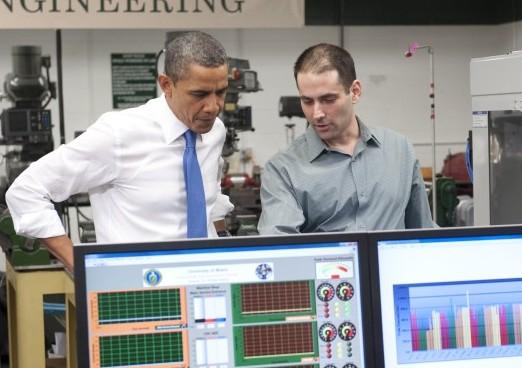Defense Secretary Concerned Over Military Cuts
If the appointed super committee cannot reach a consensus on $1.5 trillion dollars in deficit cuts over a 10-year period by Nov. 23, then $1.2 trillion dollars of automatic cuts will kick into effect, much of the cuts coming from the department of defense.
|Updated:





